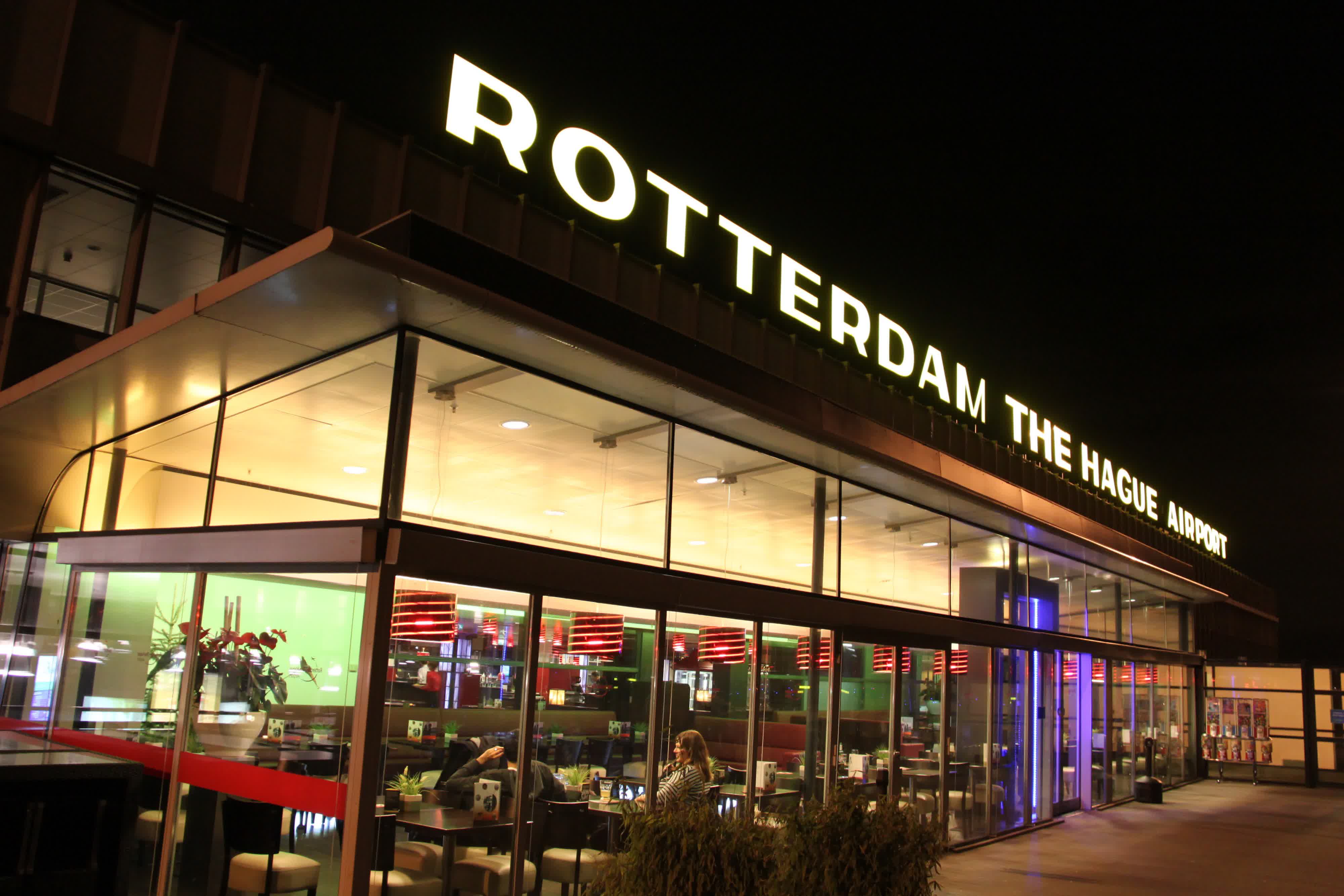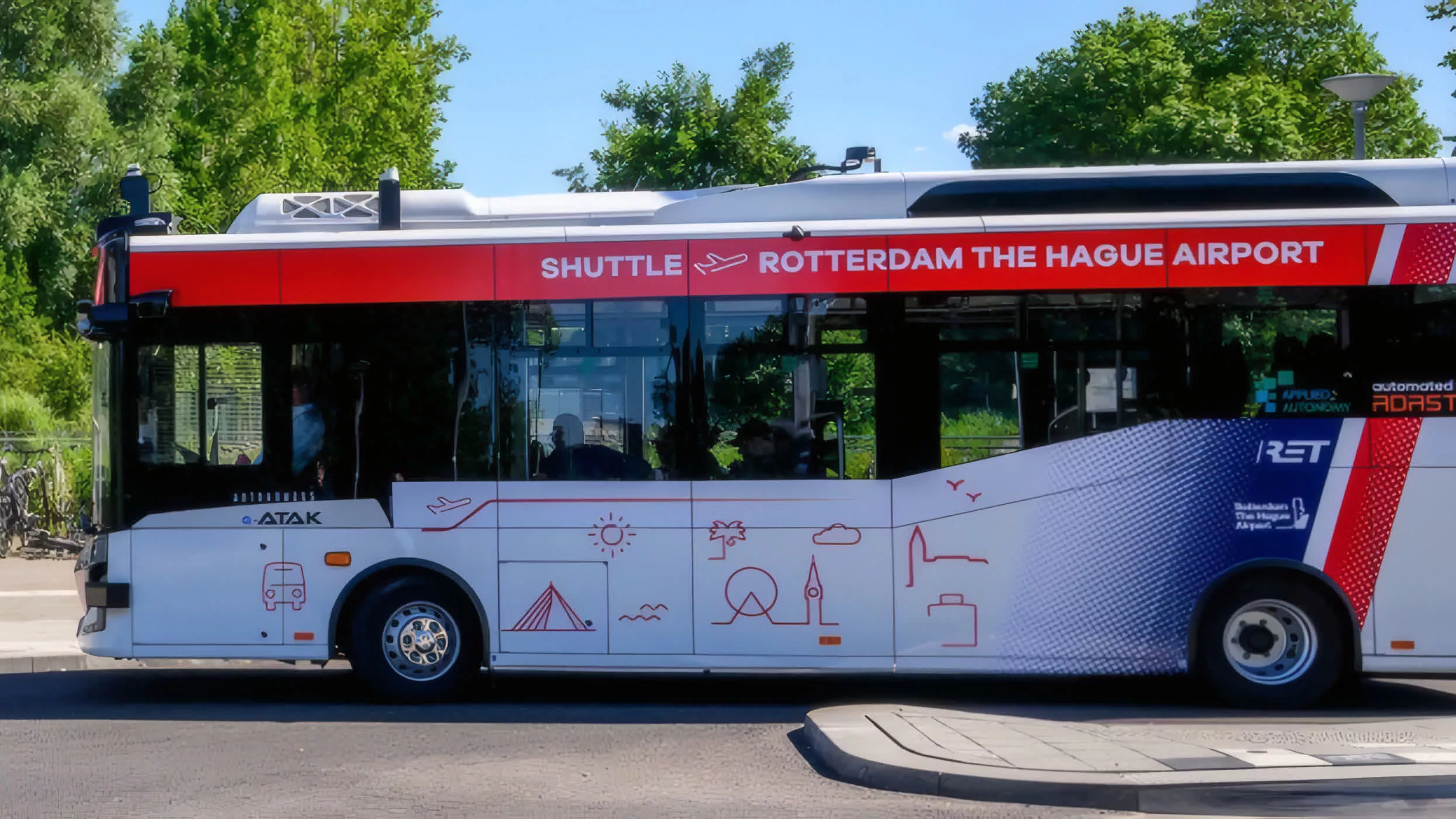In a nutshell: Road transportation services utilizing autonomous vehicles have yet to earn mainstream acceptance, despite undergoing years of testing in various locations worldwide. However, a new self-driving bus service to Rotterdam The Hague Airport could serve as another landmark for the adoption of the technology.
RET will begin using self-driving buses to transport passengers to Rotterdam The Hague Airport in the Netherlands early next month. The route serves as a pilot program for the company's ongoing development of autonomous vehicles.
The collaboration between DAM Shuttles, RET, Rotterdam The Hague Airport, Metropoolregio Rotterdam Den Haag, HTM, and the city of Rotterdam won approval from the National Road Administration to operate on public roads following years of testing. The route completed its first successful test run last week.

Self-driving vehicles often struggle in inclement conditions and unpredictable urban environments. However, the Rotterdam service will take a relatively simple route between the airport and Meijersplein metro station.
Since local laws still require a human to be in the driver's seat of a self-driving vehicle, employees will prepare and monitor RET's autonomous driving system during operation. Moreover, director Linda Boot downplayed fears that self-driving buses might eliminate jobs by indicating that the new service addresses a labor shortage and that the company currently fills hundreds of positions per year.
Although most of the conversation surrounding autonomous vehicles has centered on self-driving cars and robotaxi services, which encountered numerous setbacks over the years, manufacturers are also attempting to deploy autonomous buses. Las Vegas became the first US city to allow a self-driving bus to enter public traffic in 2017, and Baidu began operating similar vehicles in China the following year.
The State of Self-Driving Cars: Autonomous Advances
Buses aren't the only large vehicles undergoing automation. Aurora Innovation began launching self-driving freight trucks in Texas in April. Like the Rotterdam bus service, the company chose a relatively safe corridor between Dallas and Houston.
Meanwhile, Tesla launched a robotaxi service in Austin last month. Across the pond, Wayve and Uber recently announced plans for a pilot robotaxi ride-sharing program in London in early 2026; the UK legalized commercial self-driving cars last year.
Similar attempts by Tesla, Cruise, and other companies have faced repeated setbacks over the years, mostly due to malfunctions and safety concerns.
